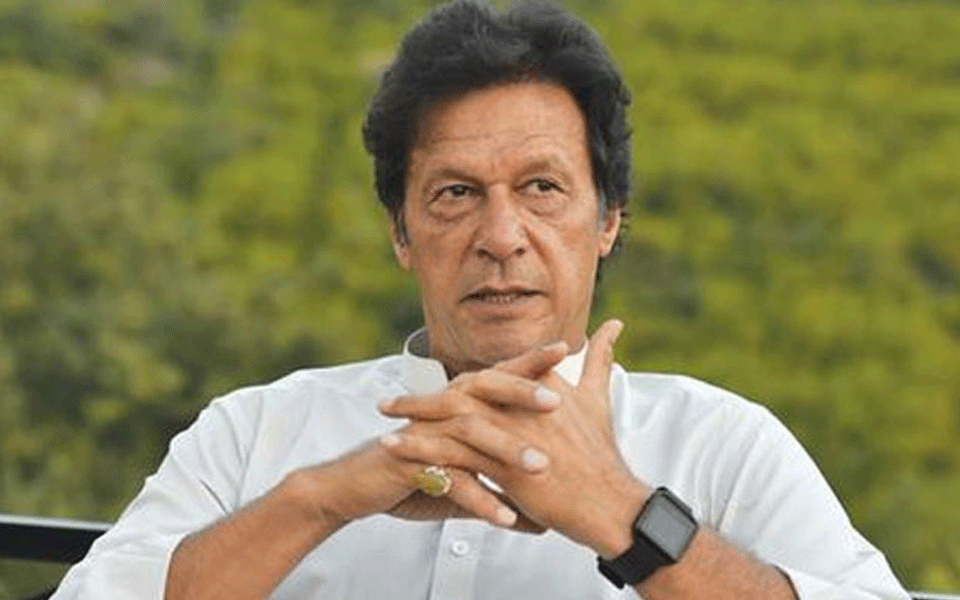Islamabad, Aug 17 : Cricketer-turned-politician Imran Khan was on Friday elected Pakistan's 22nd Prime Minister in a vote in the country's National Assembly, three weeks after his Pakistan Tehreek-e-Insaf (PTI) party won the highest number of seats in the general election.
Khan, 65, secured 176 votes out of the total 272 cast in polling in the lower house, while his opponent Shehbaz Sharif of the Pakistan Muslim League-Nawaz (PML-N) got 96 votes, according to National Assembly Speaker Asad Qaiser.
Khan will take the oath of office on Saturday. The announcement of his election came amid protests from opposition lawmakers who shouted slogans denouncing alleged electoral fraud during the general elections.
The Pakistan People's Party (PPP), the third largest party in the house that joined the PML-N and others in an opposition alliance, withdrew its support for Shehbaz Sharif's candidature as Premier days before the election and abstained from voting, Dawn online reported.
One member of the Jamaat-e-Islami (JI), which contested elections under the Muttahida Majlis-e-Amal (MMA) banner, also abstained from voting for either candidate.
According to Geo News, among the first steps the PTI-led government aims to take is a reshuffling of the top federal and provincial bureaucracy under its first 100-day plan. The strategy was finalized in a top-level huddle attended by Khan and the senior party leadership on Thursday.
The reshuffle includes changing the chiefs of federal and provincial state institutions and officers previously appointed under political pressure.
Geo News cited sources as saying that Khan has also decided to change the heads of the Federal Board of Revenue, Railways, Pakistan International Airlines and a few other institutions.
Earlier, PTI leaders spoke about the merger of the Federally Administered Tribal Areas with Khyber Pakhtunkhwa, the creation of South Punjab province and giving greater authority to the government in Balochistan, as a part of their plan.
Let the Truth be known. If you read VB and like VB, please be a VB Supporter and Help us deliver the Truth to one and all.
Dubai: Smoke was seen rising from an area near the United States Consulate in Dubai, according to witness accounts cited by Reuters.
There was no immediate official confirmation on the extent of damage or whether there were any casualties in the incident.
Earlier, the US embassy in Riyadh, Saudi Arabia’s capital, was also attacked. Authorities reported damage to the premises, but no casualties were recorded.
The developments come amid heightened tensions in the region, with Iran continuing to target US interests in the Middle East following deadly attacks launched on Saturday by Israel and the United States.
Near US embassy in Dubai pic.twitter.com/z5VTZNVxNO
— Sahil Shah (@thesahilsshah) March 3, 2026





